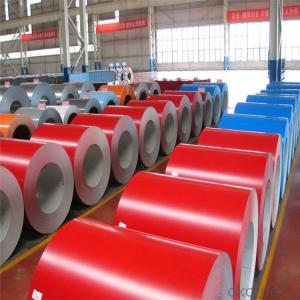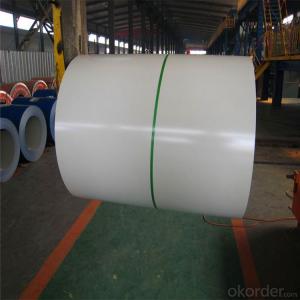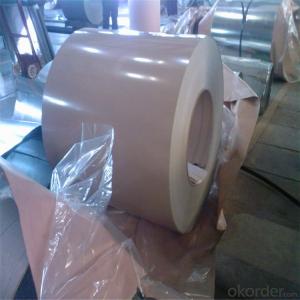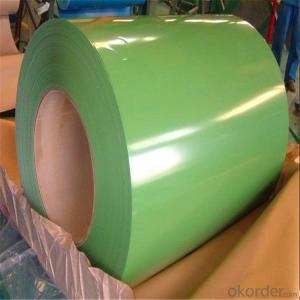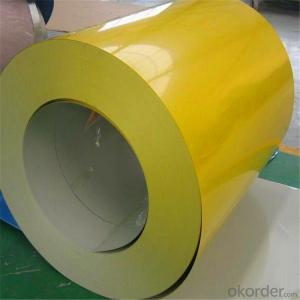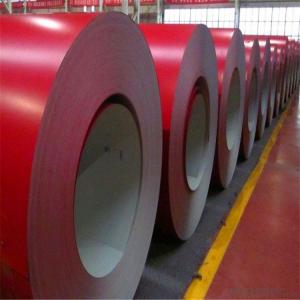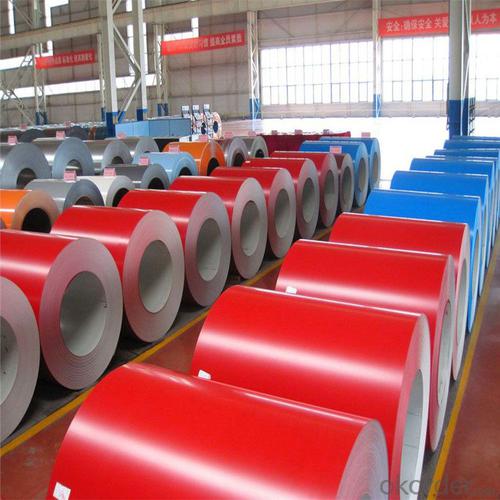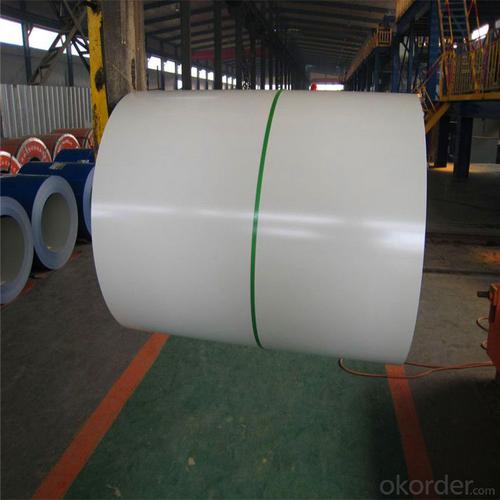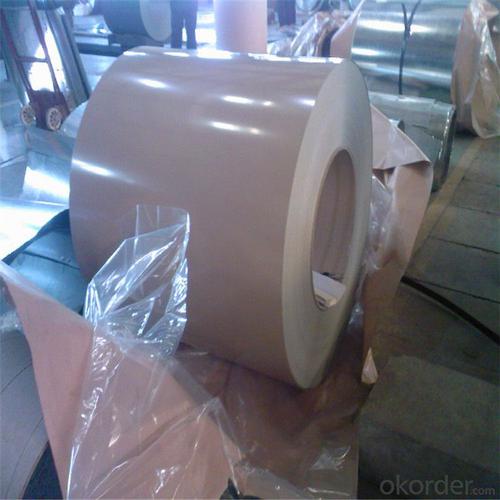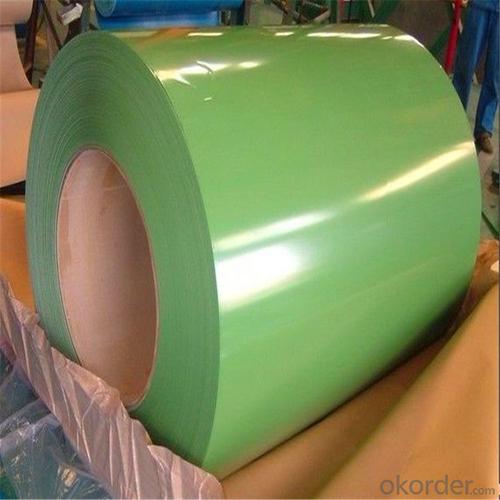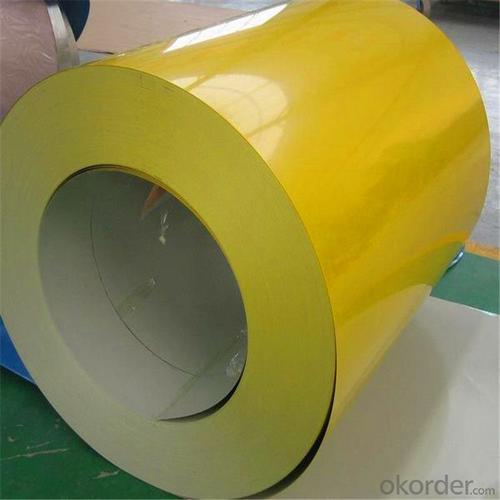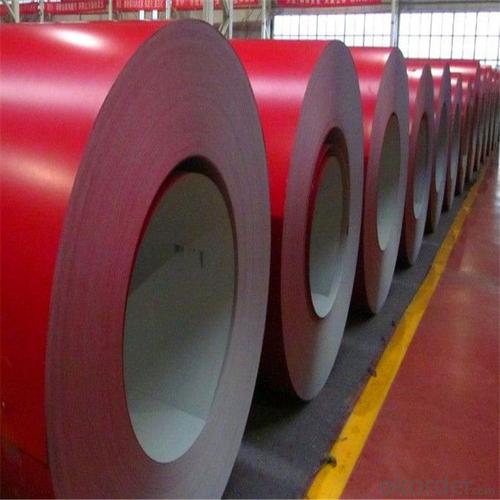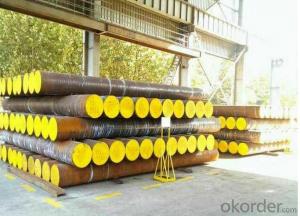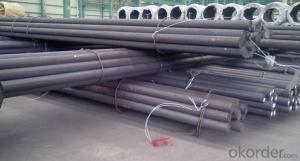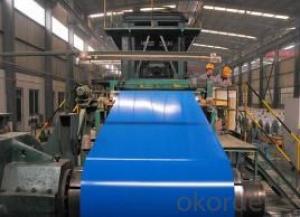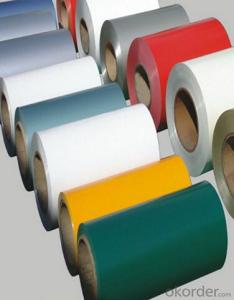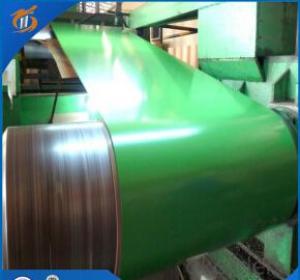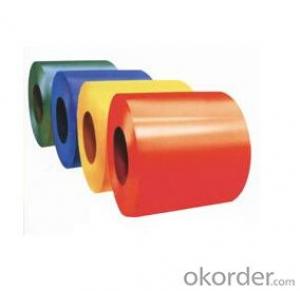Colour Coated PPGI Coils for Building Material
- Loading Port:
- Tianjin
- Payment Terms:
- TT or LC
- Min Order Qty:
- 25 m.t.
- Supply Capability:
- 5000 m.t./month
OKorder Service Pledge
OKorder Financial Service
You Might Also Like
Specification
Colour Coated PPGI Coils for Building Material
Description of Colour Coated PPGI Coils for Building Material
Product | PPGI/PPGL |
Capacity | 5,000 tons/month |
Base material | Hot dipped galvanized steel |
Thickness | 0.2-2.0mm |
Width | 600-1250mm(according to your need) |
Coil Weight | 3-6tons |
Quality | SGCC, DX51D |
Color | RAL No. or customers samples’ color |
Zinc-coating | 30g/m2-180g/m2 |
Coil ID | 508mm/610mm |
Technique | Cold rolled—hot dipped galvanized—color coated |
Painting | Top painting:15~25μm |
Back painting: 6~10μm | |
Tolerance | Thickness: +/-0.02mm |
Width:+/-2mm | |
Shipment time | within 15-45 workdays |
Payment | T/T, L/C at sight |
Packing | Standard export packing |
The special order can be negotiated. | |
Application of Colour Coated PPGI Coils for Building Material
APPLICATION OF OUR PREPAINTED STEEL | ||||||||||
Construction | Outside | Workshop,agricultural warehouse,residential precast unit | ||||||||
corrugated roof,roller shutter door,rainwater drainage pipe,retailer booth | ||||||||||
Inside | Door,doorcase,light steel roof stucture,folding screen,elevator,stairway,ven gutter,Construction Wall | |||||||||
Electrical applicance | Refrigerator,washer,switch cabnet,instrument cabinet,air conditioning,micro-wave owen,bread maker | |||||||||
Fuiniture | Central heating slice,lampshade,chifforobe,desk,bed,locker,bookself | |||||||||
Carrying trade | Exterior decoration of auto and train,clapboard,container,isolation lairage,isolation board | |||||||||
Qthers | Writing panel,garbagecan,billboard,timekeeper,typewriter,instrument panel,weight sensor,photographic equipment | |||||||||
Products Show of Colour Coated PPGI Coils for Building Material

Product Advantages
1.With nearly 20 years experience in prepainted steel, accommodate different marketdemands. | ||||||||||||||
2.'Quality first, service first' is our business aim; 'The good faith get respect,cast quality market' is our Business philosophy . | ||||||||||||||
3.Having two series producttion line,with the abbual production capacity of 240000 tons. | ||||||||||||||
4.Exceed International ISO9001:2008&ISO14001:2004 quality and environmental standards | ||||||||||||||
5.Meet with ROHS standard |
Company Information
CNBM International Corporation is the most important trading platform of CNBM group.
Whith its advantages, CNBM International are mainly concentrate on Cement, Glass, Iron and Steel, Ceramics industries and devotes herself for supplying high qulity series of refractories as well as technical consultancies and logistics solutions.


F A Q
1, Your advantages?
professional products inquiry, products knowledge train (for agents), smooth goods delivery, excellent customer solution proposale
2, Test & Certificate?
SGS test is available, customer inspection before shipping is welcome, third party inspection is no problem
3, Factory or Trading Company?
CNBM is a trading company but we have so many protocol factories and CNBM works as a trading department of these factories. Also CNBM is the holding company of many factories.
4, Payment Terms?
30% TT as deposit and 70% before delivery.
Irrevocable L/C at sight.
5, Trading Terms?
EXW, FOB, CIF, FFR, CNF
6, After-sale Service?
CNBM provides the services and support you need for every step of our cooperation. We're the business partner you can trust.
For any problem, please kindly contact us at any your convenient time.
We'll reply you in our first priority within 24 hours.
- Q: What are the main factors affecting the tensile strength of special steel?
- Several factors affect the tensile strength of special steel. Firstly, the chemical composition of the steel plays a vital role in determining its tensile strength. Elements like carbon, manganese, silicon, chromium, nickel, and molybdenum can greatly enhance the steel's ability to resist deformation under tensile loads by forming solid solutions, carbides, and intermetallic compounds. Secondly, the heat treatment processes applied to special steel have a significant impact on its tensile strength. Quenching and tempering, annealing, and precipitation hardening can alter the microstructure of the steel, resulting in specific phases and grain structures that enhance its tensile strength. Moreover, the mechanical working or deformation processes that the steel undergoes can also affect its tensile strength. Techniques such as rolling, forging, or extrusion can refine the grain structure and induce dislocations within the material, leading to an increase in tensile strength. The presence of impurities and defects within the steel can negatively impact its tensile strength. Inclusions, voids, or cracks act as stress concentration points, reducing the overall strength of the material. Therefore, it is crucial to implement proper quality control measures during the manufacturing process to minimize these defects and ensure high tensile strength. Furthermore, the temperature at which the steel is exposed can influence its tensile strength. Special steel typically experiences a decrease in tensile strength as the temperature increases due to thermal expansion and the loss of material strength. Therefore, it is important to consider the temperature range in which the steel will be used and select an appropriate grade with the desired tensile strength. In conclusion, the tensile strength of special steel is affected by various factors, including chemical composition, heat treatment, mechanical working, impurities, defects, and temperature. By considering and optimizing these factors during the manufacturing process, special steel with exceptional tensile strength properties can be achieved.
- Q: What are the different peening techniques used for special steel?
- There are several peening techniques used for special steel, including shot peening, ultrasonic peening, laser peening, and hammer peening. Shot peening involves bombarding the steel surface with small spherical particles to induce compressive stress and improve fatigue resistance. Ultrasonic peening uses high-frequency vibrations to create compressive stress and improve material properties. Laser peening involves using a high-energy laser to generate shockwaves and induce compressive stress. Hammer peening uses mechanical impact from a hammer or similar tool to create compressive stress on the steel surface. These techniques are utilized to enhance the durability, strength, and performance of special steel in various applications.
- Q: How does cryogenic treatment affect the toughness of special steel?
- Cryogenic treatment significantly improves the toughness of special steel. It involves subjecting the steel to extremely low temperatures, typically below -150°C, resulting in the transformation of retained austenite into martensite. This process enhances the steel's microstructure, reducing residual stresses and increasing its hardness, wear resistance, and overall toughness. The cryogenic treatment also refines the grain structure, leading to improved mechanical properties and increased resistance to fatigue and cracking.
- Q: What are the applications of special steel in the manufacturing sector?
- Special steel has various applications in the manufacturing sector due to its unique properties. It is commonly used in industries such as automotive, aerospace, construction, and machinery. Special steel's high strength, corrosion resistance, and heat resistance make it ideal for manufacturing components like gears, shafts, bearings, and tools. Additionally, its ability to withstand extreme temperatures and pressures makes it suitable for applications in boilers, turbines, and pressure vessels. Overall, special steel plays a crucial role in enhancing the performance and durability of products in the manufacturing sector.
- Q: How does special steel contribute to the power generation industry?
- Special steel plays a crucial role in the power generation industry by providing the necessary strength, durability, and resistance to extreme temperatures and corrosive environments. It is used in the construction of turbines, generators, and other critical components, ensuring the efficient and reliable operation of power plants. Additionally, special steel's high heat resistance and excellent mechanical properties enable power plants to operate at higher temperatures, increasing energy efficiency and reducing emissions.
- Q: What are the main applications of special steel in the electronics packaging?
- The main applications of special steel in electronics packaging include providing structural support and protection for electronic components, ensuring electromagnetic compatibility, heat dissipation, and preventing corrosion.
- Q: What are the common surface treatments applied to special steel?
- Some common surface treatments applied to special steel include galvanizing, powder coating, electroplating, and heat treatments such as case hardening. These treatments help improve the corrosion resistance, hardness, and appearance of the steel, making it suitable for various applications in industries like construction, automotive, and aerospace.
- Q: How is special steel used in the railway supply chain?
- Special steel is used in the railway supply chain for various critical components such as rails, wheels, and axles, due to its superior strength, durability, and resistance to wear and fatigue. This high-quality steel ensures safe and reliable train operations, reducing maintenance needs and increasing the lifespan of railway infrastructure.
- Q: What are the different tempering techniques used for special steel?
- Some of the different tempering techniques used for special steel include air tempering, oil tempering, water tempering, and salt bath tempering.
- Q: How does special steel perform in terms of high-temperature strength?
- Special steel typically performs very well in terms of high-temperature strength. It has excellent resistance to thermal fatigue, oxidation, and creep, allowing it to withstand extreme heat conditions without losing its structural integrity or mechanical properties. This makes special steel a preferred choice in applications where high-temperature strength is crucial, such as in the aerospace, power generation, and petrochemical industries.
Send your message to us
Colour Coated PPGI Coils for Building Material
- Loading Port:
- Tianjin
- Payment Terms:
- TT or LC
- Min Order Qty:
- 25 m.t.
- Supply Capability:
- 5000 m.t./month
OKorder Service Pledge
OKorder Financial Service
Similar products
Hot products
Hot Searches
Related keywords
